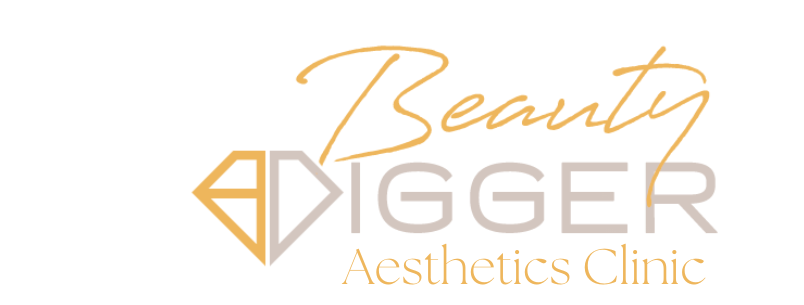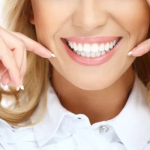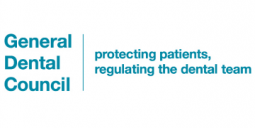Features List
Jaw Slimming - Masseter Botox

What is Jaw Slimming?
Jaw slimming, also known as masseter reduction, is a cosmetic procedure designed to reshape and contour the jawline by reducing the size of the masseter muscles. The masseter muscles, located on each side of the jaw, are responsible for chewing and clenching. When these muscles are overly developed, they can contribute to a square or excessively wide jawline.
Jaw slimming is often sought by individuals who desire a less prominent jaw, wish to address issues related to teeth grinding or jaw clenching, or simply want to enhance facial symmetry. The effects of jaw slimming are temporary and typically last several months, requiring maintenance treatments for prolonged results.
How does Jaw Slimming work?
Jaw slimming, or masseter reduction, involves injecting Botox into the masseter muscles of the jaw. This temporarily relaxes the muscles, leading to muscle atrophy over time. The reduction in masseter muscle size results in a slimmer and more contoured jawline. The effects are temporary, lasting about 3 to 6 months, and maintenance treatments may be recommended for prolonged results.
Individual responses may vary based on factors such as muscle anatomy and lifestyle.


How is the treatment administered?
Jaw slimming, or masseter reduction, involves a consultation with a healthcare professional to assess concerns and goals.
The procedure includes the targeted injection of Botox into specific points along the masseter muscles, strategically identified for jaw clenching. This quick process, taking about 15 minutes, allows patients to resume normal activities immediately.
Results, noticeable within days and fully realized in two weeks, lead to a gradual slimming effect on the jawline as the masseter muscles atrophy. Follow-up appointments may be recommended for maintenance. Choosing a qualified professional and adhering to post-treatment care instructions are essential for optimal outcomes.
Side effects
Jaw slimming using Botox generally has temporary and mild side effects, including potential bruising, swelling, tenderness, and, rarely, a mild headache. Asymmetry in muscle relaxation is a rare side effect, but in some cases, slight unevenness may occur, which often corrects itself over time. Severe side effects are uncommon when the procedure is performed by a qualified professional. It is crucial to follow post-treatment care instructions, promptly report any unusual reactions, and consult with a qualified professional to discuss potential risks and benefits based on individual circumstances.

Before & After Gallery


Frequently
Asked Questions
Jaw slimming involves injecting Botox into the masseter muscles, causing them to relax and gradually reduce in size, resulting in a slimmer and more contoured jawline.
Discomfort is usually minimal. Some practitioners may use a topical numbing cream to enhance comfort during the procedure.
Initial results may be noticeable within a few days, with full effects realized in about two weeks. The effects typically last around 3 to 6 months.
Botox effects are temporary, and if needed, the treatment's effects will gradually wear off. Open communication with your practitioner is key to achieving desired outcomes.
Yes, jaw slimming can be combined with other treatments for a more comprehensive facial rejuvenation. Discuss your goals with your practitioner during the consultation.
The safety of jaw slimming, or any cosmetic procedure involving Botox, during pregnancy has not been extensively studied. It is generally not recommended during this time.
In the UK there is illegal to inject anyone with botulinum toxin or dermal fillers for cosmetic purposes. It does not matter if you or your parents or guardians give their permission for the procedures to take place. It is important to note that most people do not stop growing until they reach their early 20s; therefore, it is advised to wait until that age to have cosmetic work done.
Alcohol does not in any way interfere with the results of the procedure. However, doctors have recommended not drinking for 24 hours because alcohol enlarge blood vessels, which may increase susceptibility to bruising. If bruising is a major concern, follow this advice.










